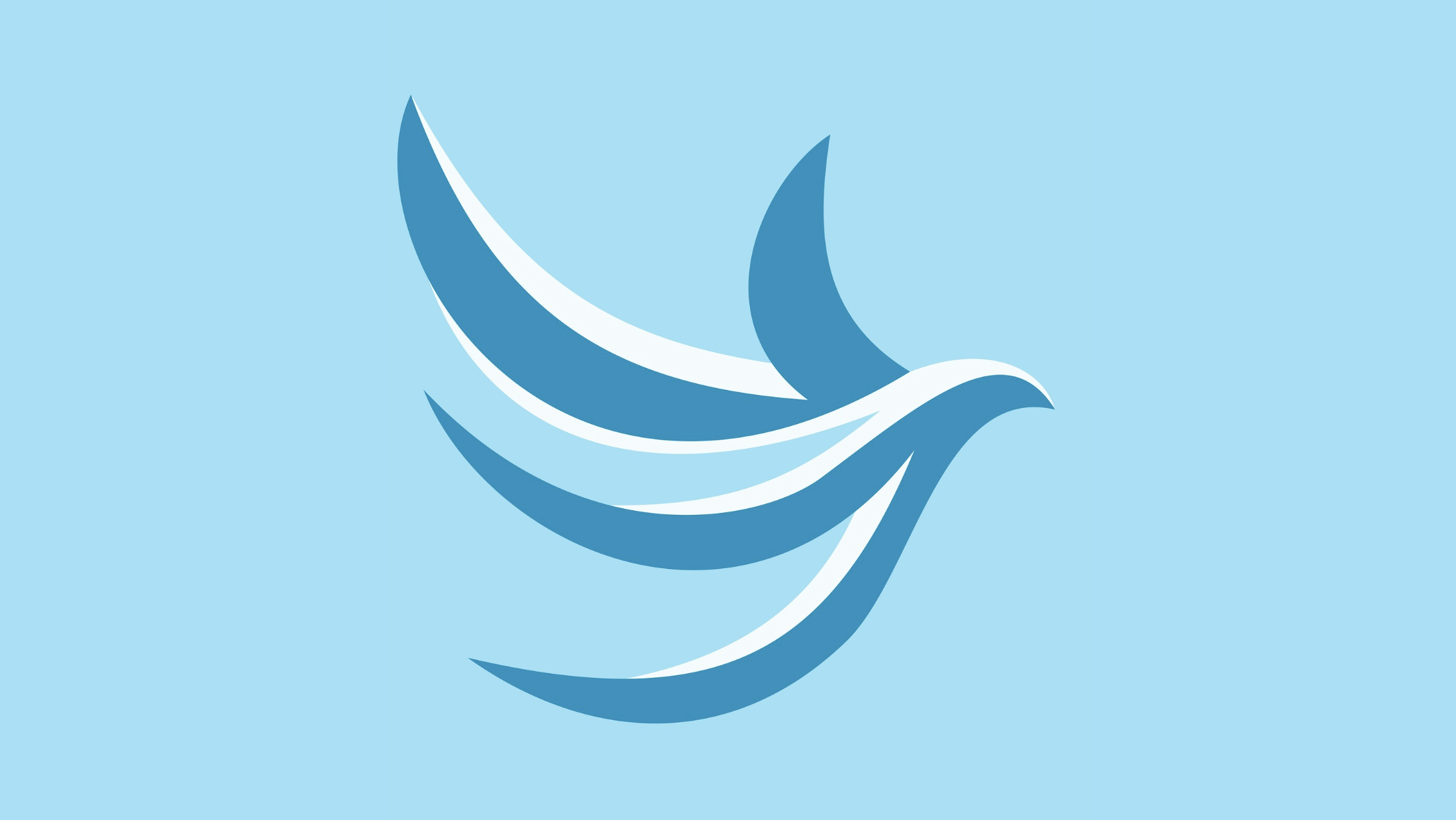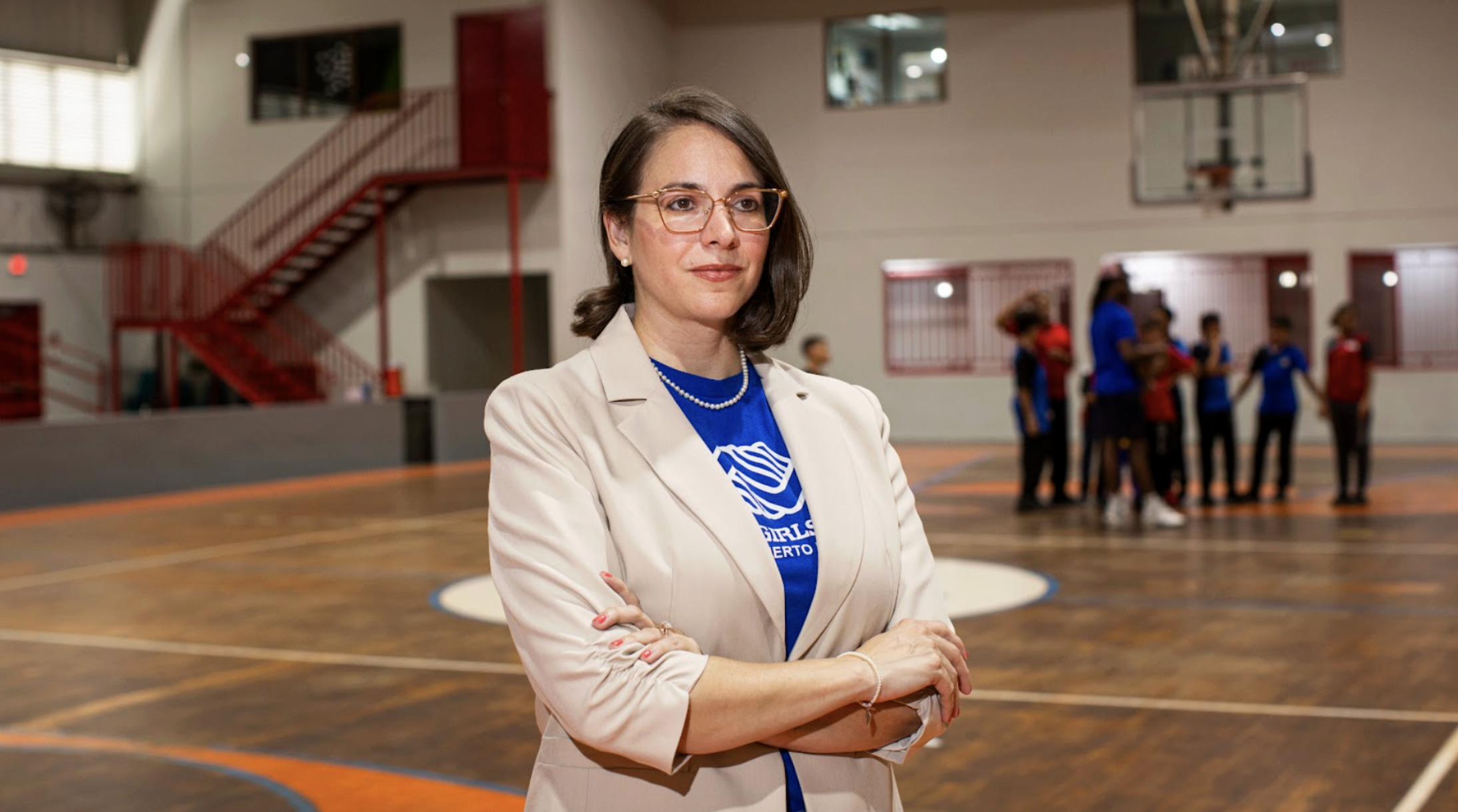This is a lightly adapted reprint from shiftthepower.org.
Do you remember the story of the powerful horse that remained at the same spot, tied by a simple thread? That is the situation for many community organizations in Kenya.
In this country, many community organizations are stuck, waiting to be untied by foreign aid. For a long time, development in Kenya has been driven by foreign international donors, who have used any opportunity to push their agenda. Community leaders and organizations have remained passive receivers of aid, with minimal roles of influence on how development should be delivered.
Many of these organizations do not know that they are powerful. They are not aware that the string that holds them is so weak, and that it doesn't stop them from moving and from doing what they aspire to achieve.
Fortunately, thanks to the #ShiftThePower movement, a new type of development is in the works in Kenya. It is about changing mind-sets, and trying new alternatives to the way things have always been done.
Many Kenyan community organizations have recently joined the #ShiftThePower movement, encouraged by the consistent and persistent push of the Kenya Community Development Foundation’s (KCDF) to grow a strong, resilient movement of local community foundations. We represent two of the recent entrants – the Nguzo Africa Community Foundation and Kilimani Project Foundation – after we completed a six-month #ShiftThePower Fellowship programme organized by the Global Fund for Community Foundations last year.
The #ShiftThePower movement has the power to create a network of community champions who can question and influence how development should be delivered in their communities. Here is a list of actions that we will take to help take this movement in Kenya to another level.
- Create awareness about the #ShiftThePower movement. We plan to create awareness of the movement using online and offline engagements. We will write articles, podcasts and videos on how community-led development is changing communities for good. This awareness shall be divided into two: one targeted at the donor side and the other at the community-receiving side.
- Mapping and profiling critical local partners who are ready to join the movement and get supported to shift their models and strategies to fit the characteristics of community foundations. For a start, this can be done in more than 24 counties across Kenya. Support will be offered across counties, where we shall have at least one community-led development champion organization in each of the 47 counties in Kenya.
- Get critical support partners from the donor side, i.e. the donors and bilateral agencies who are keen to support the growth of the #ShiftThePower movement. Their support will be highly appreciated. Working with donors and community organizations is key to understanding pain points and building pathways for growth.
- Systems strengthening for local organizations. This will include support to develop organizations’ systems, strategies and governance processes to create enduring, durable and resilient organizations.
- Monitoring progress. This will entail looking at the changes that need to be implemented from the community side. For instance, how many community organizations are onboarding #ShiftThePower strategies in their work processes, strategies and approaches? At the same time, we shall monitor how international nonprofits are shifting their approaches. How many are mentoring local organizations? How many have changed their business model and become mentors and convenors and not direct conduits of aid to communities? It is important for community organizations to start undertaking social accountability audits for development aid resources.
The continued advocacy around community-focused work and systems change within the aid sector will be centered upon the ability of communities to shape and drive dialogue about the type of development they want. The role for us in the community development and philanthropy sector is to serve as guardians and custodians of this change. We must guide communities towards a rethinking and reimagining of how community ownership of problem-solving is leading to a paradigm shift in the development sector.
As #ShiftThePower champions, let us lead from the front: leading processes of learning, unlearning and relearning about development and how it has been done over the past decades, then reimagining what the future holds for us at the hyper-local level and really unlock the potential that sits there, untapped and sometimes unknown to many a community, much to their desperation and disillusionment.
We must go beyond the hashtag, have open and authentic conversations, first with ourselves, about how we do what we do, and then with the communities we serve, about how we can do it better. Then and only then can we step out boldly and audaciously to live and prosper in the true spirit of shifting the power to the people who need it the most.
Although movement building takes time, it remains a viable option to trigger new thinking on how development should be thought, designed and delivered. It is our responsibility to give all and commit to support this movement and create strong, resilient community organizations ready to create positive impact in our communities.
Wanjiru Kanyiha is the Executive Director of the Kilimani Project Foundation and Elizaphan Ogechi is the Executive Director of the Nguzo Africa Community Foundation. Both Elizaphan and Wanjiru were #ShiftThePower Fellows in 2022.










.webp)

.webp)
%20(1280%20x%20720%20px)%20(41)%202.webp)
%20(1280%20x%20720%20px)%20(38).webp)
%20(1280%20x%20720%20px)%20(31).png)


%20(1280%20x%20720%20px).webp)











.webp)






.webp)
.gif)

.webp)


.gif)












